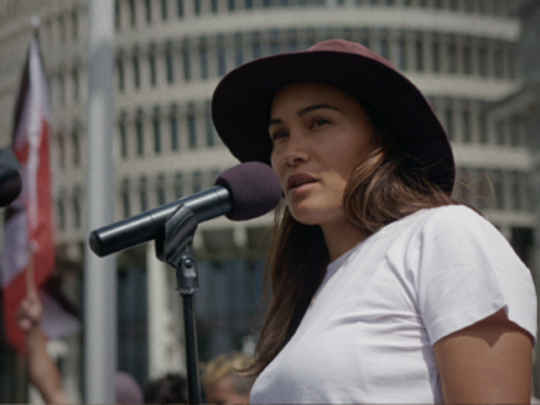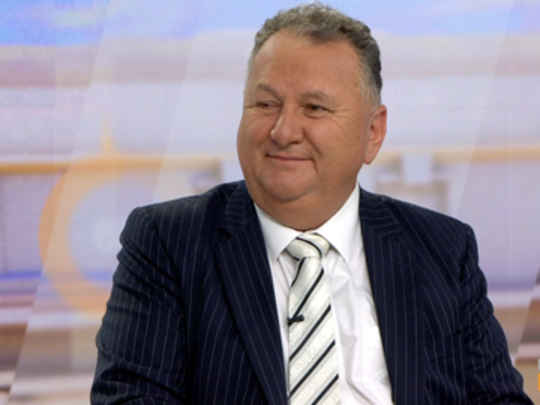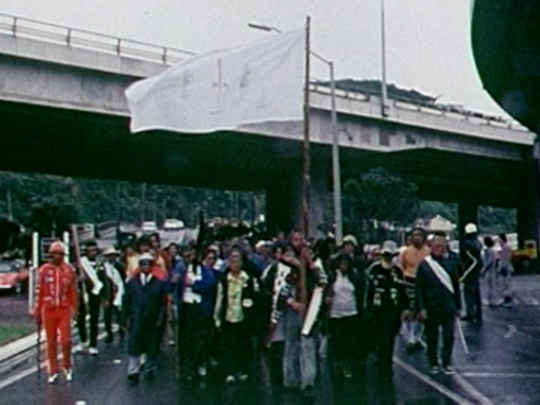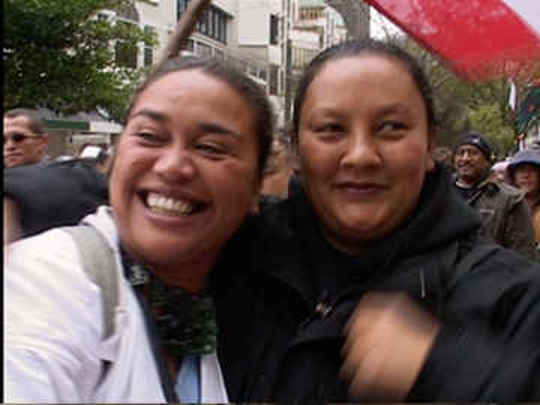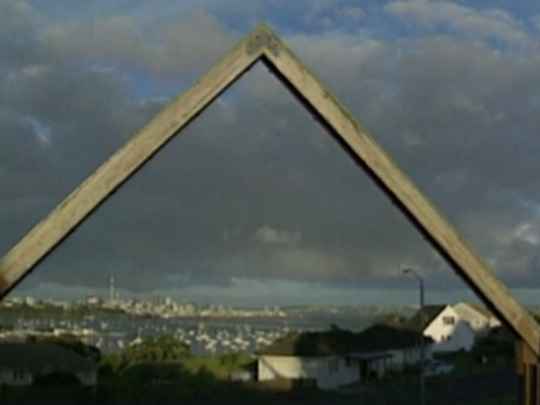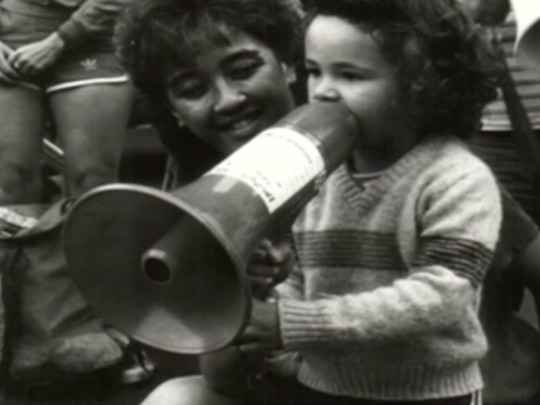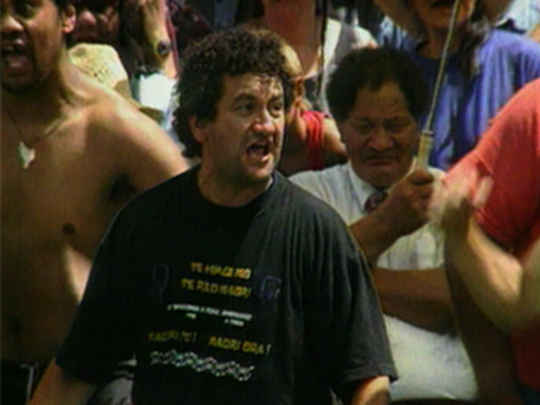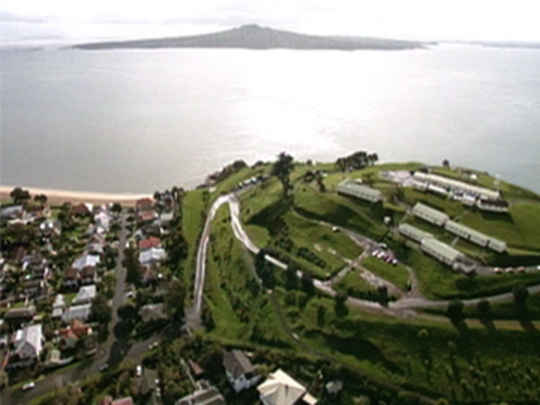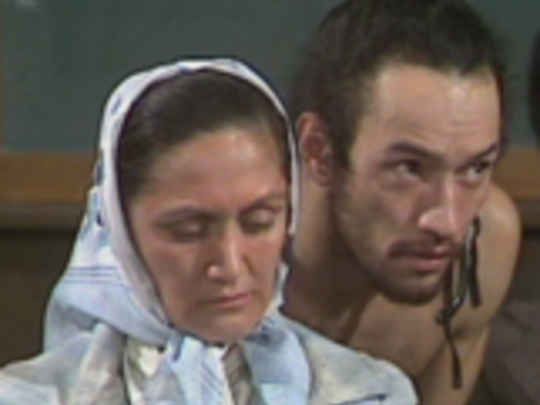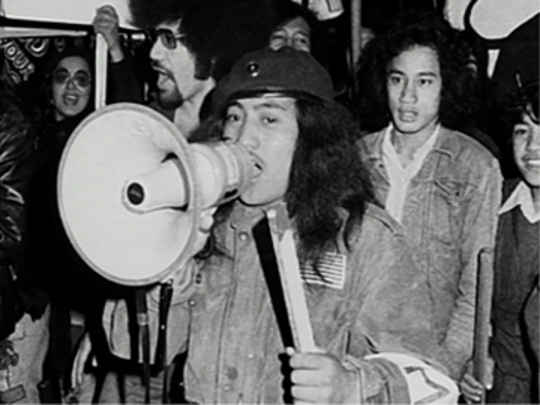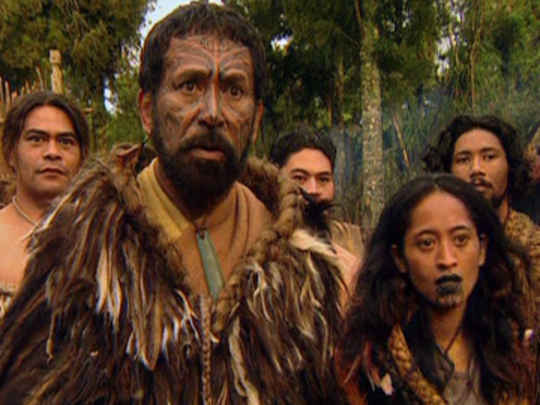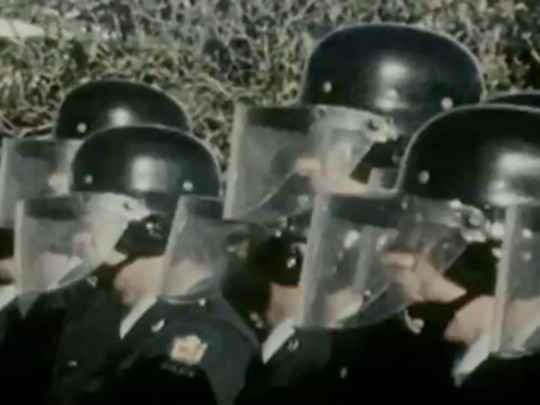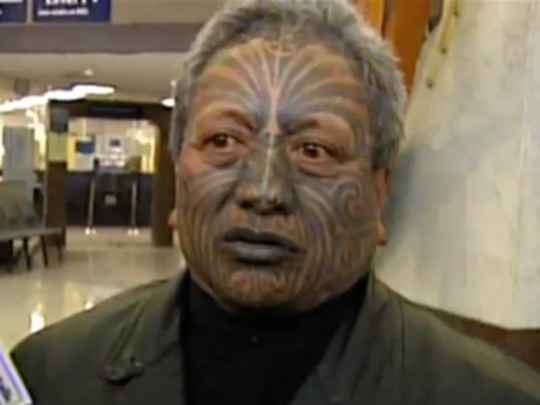Ake Ake Ake
Television (Full Length Episodes) – 2021
This is hugely significant. Not just for the people from Ihumātao, it's significant for Māori and all Indigenous peoples of the world.
– SOUL co-founder Haki Wilson on the impact of the protests, in episode three
We, the founding six cousins of SOUL, are mana whenua. We stand here on the steps of Parliament as ahi kā. We stand here with our tūpuna on our shoulders. We stand here to speak for our tamariki and our mokopuna. We don't represent mana whenua, we are mana whenua.
– SOUL co-founder Qiane Matata-Sipu addresses the protesters at Parliament, in episode one
There was a recommendation back from the United Nations saying that the government needed to re-evaluate the status of the Special Housing Area at Ihumātao. That was a huge win for us, for this international body to recognise the significance of this land.
– SOUL co-founder Pania Newton on the United Nation's response to her address, in episode one
We were really really short of new housing, and so this was a way to cut out the public consultation really and to fast-track sites that were suitable to build on.
– Auckland Councillor Cathy Casey on the council's quick sign off on the land development, in episode one
We learned that it was a housing development that was going to be 520 houses. It was a Fletcher development that was going to cater to other people, not us. The scary thing was this was the last sort of green space we had left in Ihumātao and once it was gone that was it.
– SOUL co-founder Qiane Matata-Sipu on the housing development plans, in episode one
I believe we carry the flame that was lit by our ancestors many generations ago. This campaign didn't start with us, it began with the old people in their time.
– SOUL co-founder Wai O Te Rangimarie on continuing the fight of her ancestors, in episode one
They said to us ‘We don’t want this to be another Bastion Point, we don't want police to be dragging people off the whenua’ and we said to them ‘Yeah, we don't want that either, so that's your decision. It's not our decision to make’.
– SOUL co-founder Qiane Matata-Sipu on a conversation with the police, in episode two
This isn’t just happening in Ihumātao, it's happening everywhere. It’s powerful, it's sad, it’s inspiring but it's also very hopeful for what the future could bring. If we want to move forward as a nation, we need to be able to watch and understand the story of Ihumātao.
– Producer and co-director Whatanui Flavell, in an Ake Ake Ake press release, 16 July 2021
The most challenging part of this project was condensing this story in to three one hour documentaries. We had to make some tough decisions about what to put in and what to leave out.
– Producer and co-director Whatanui Flavell, in an Ake Ake Ake press release, 16 July 2021


